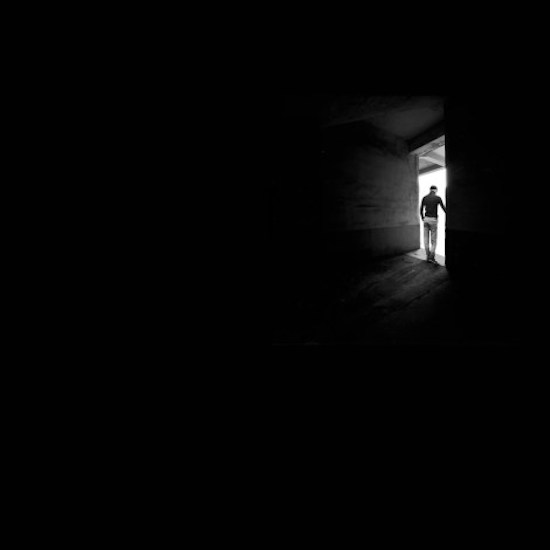We run our website the way we wished the whole internet worked: we provide high quality original content with no ads. We are funded solely by your direct support. Please consider supporting this project.
“The greatest trick the devil ever pulled…”
 “…was convincing the world he didn’t exist.” ~Verbal Kint, The Usual Suspects
“…was convincing the world he didn’t exist.” ~Verbal Kint, The Usual Suspects
Roger Olson reflected a few days ago on the curious absence of any discussion of Satan in modern theology. He even speculated:
I suspect that one reason Greg Boyd, a brilliant theologian, is not taken as seriously as he should be by many evangelicals is his obvious, “up front,” blatant belief in a very personal, very real, very active Satan who has great power in the world. And he believes in “spiritual warfare,” something that scares most evangelicals (to say nothing of mainline, liberal Protestants!).
Roger also suggests a possible role of Calvinism in this downplaying of the reality of Satan:
I think Calvinism tends to downplay the reality and power of Satan by reducing Satan to an instrument of God. Luther said that “The devil is God’s devil.” Calvinism generally agrees with that. The idea is that God alone is sovereign so the devil must somehow be an instrument of God in the “big plan” to glorify himself.
As I read the New Testament, however, Satan is no instrument of God but God’s enemy (and ours). In order to avoid dualism, many intellectual Christians have abandoned Satan altogether or absorbed Satan into God (or at least God’s will and plan). I, too, want to avoid dualism, but I don’t know how or why Satan is real and powerful and “the prince of this world.” All I can say with confidence is that he is a conquered enemy of God who is still causing a great deal of chaos. Why God allows it, I don’t know. That’s God’s business. That he will eventually take away all of Satan’s power and free us from his influence lies at the heart of biblical hope.
You can find the full article here.
Category: General
Tags: Calvinism, Greg Boyd, Problem of Evil, Roger Olson, Satan, Satan and the Problem of Evil, Theodicy
Related Reading

Free Will: Are studies that demonstrate genetic determinism a threat to free will?
Greg shares his continuing thoughts on free will with a thought experiment (and a hand-drawn graph!) granting that we are largely determined by forces outside of our control. If we grant this presupposition, does that mean that free will is an illusion or insignificant? Find out!

Podcast: If the Crucifixion Is God’s Victory Over Satan, Why Does Satan Keep Fighting?
Greg talks already-but-not-yet, perspectives of the principalities, and the toilsome life of a muon. http://traffic.libsyn.com/askgregboyd/Episode_0284.mp3

Paradigm Shift Questions
A couple that was recently introduced to ReKnew and several of my books recently wrote to tell me that they are in the process of embracing the warfare worldview along with the open view of the future. They said that they “realize that these things aren’t minor adjustments but are rather all-encompassing paradigm shifts in…

Confronting Divine Determinism
Part of the fallen human condition inclines us to shirk our moral responsibility and accept that everything is predetermined, whether by God, the gods, fate, or blind chance. Various forms of determinism have been prevalent in most primitive religions, in much ancient philosophy, in most forms of Islam and even, most surprisingly, in much traditional…

How People Misunderstand Open Theism
Open theism holds that, because agents are free, the future includes possibilities (what agents may and may not choose to do). Since God’s knowledge is perfect, open theists hold that God knows the future partly as a realm of possibilities. This view contrasts with classical theism that has usually held that God knows the future exclusively as a domain…

A Review of a Review of Benefit of the Doubt
I’d like to offer a brief response to a curious on-line review of Benefit of the Doubt, published on thechristians.com. It’s titled, Which came first, Jesus or the Bible? A clever heretic draws a false division between God and Scripture. That “clever heretic” would be yours truly, and I allegedly draw this false division in…
